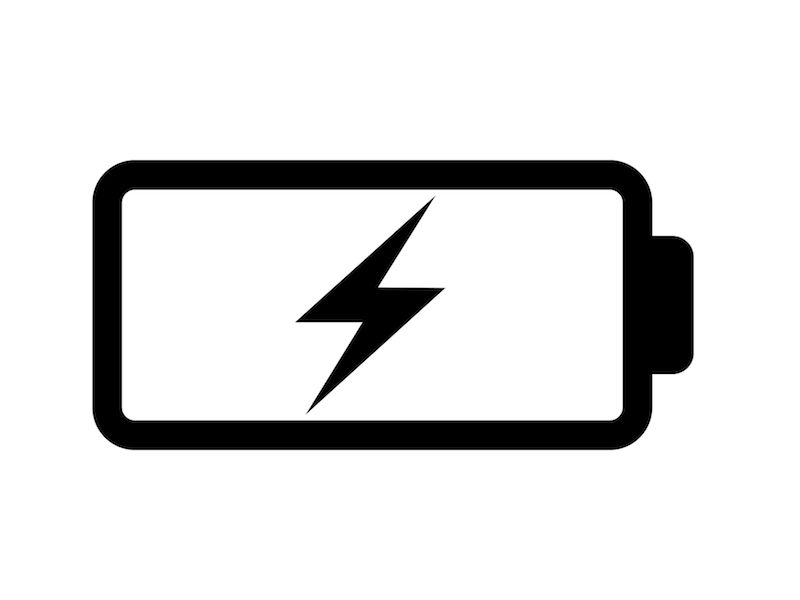
Worrying about running low on batteries is something you shouldn’t have to do with rechargeable hearing aids, but when you depend on this technology, it may make you slightly anxious. Do rechargeable hearing aids work, and do they work as well as advertised?
The worry is reasonable and so are the question you may have. A hearing aid is often as important for the enjoyment of a tv show or a movie as it is for a trip to the supermarket or any other part of daily life. When a piece of technology affects so many aspects of your life, it’s crucial that it functions properly and reliably.
How Do I Know What Type of Battery I Have?
By default, most contemporary hearing aids come with rechargeable batteries, so it’s likely if you bought your hearing aids recently, it has one of two kinds of batteries. Silver-zinc batteries, which can normally be identified by a battery door on the device, are rechargeable, but every so often they need to be replaced. A Lithium-ion battery, however, will last throughout the life-cycle of the hearing device and, as such, those devices will not have that distinguishing battery door.
Rechargeable Hearing Aids Need Special Care
For the most part, rechargeable hearing aids do work, and they work well. The reliability of these devices has enhanced significantly in the last few years, as battery technologies have advanced. And, like any other electronic device, however, there are various easy maintenance steps that users can practice to improve the reliability of their rechargeable hearing aids.
- Be Mindful of Wires: Most hearing aids will contain a wire element of some kind, either on the hearing aids themselves or on the charging station. Being mindful of these wires is crucial for hearing aid users; do not pull or hold your device by these wires as this can damage the connections that allow your hearing aid to charge.
- Keep Your Hearing Aids Dry and Clean: Your hearing aids will collect moisture, dust, and debris regardless of how often you use them. Any combination of these three things can undercut the efficiency of your battery and can interfere with charging in sufficient quantities. That’s why it’s important to keep your hearing aids dry and clean specifically when connecting your hearing aid to its charging station.
- The Charging Station is Where Your Hearing Aids Should be Kept: If you consistently store your rechargeable hearing aids on their recharging station you can increase the life of your battery. Charging a battery that is not totally drained does not shorten long-term battery life. As a matter of fact, making sure that your hearing aids are charging when you’re not using them can actually benefit your long-term battery life. A simple reminder, for many people, to charge their device when not used, is to put the charging station on a table next to their bed.
How to Replace a Rechargeable Battery
Lithium-ion batteries will normally last the lifespan of your device. Consequently, you should not need to worry about replacing those batteries. Simply keep recharging your hearing aids as long as necessary.
However, you will want to occasionally change the batteries if you have a hearing aid that utilizes silver-zinc batteries. Replacing batteries in the right way can help improve the lifespan of your hearing aids. As a result, the majority of people who use these hearing aids are counseled to:
- Let the batteries sit out at room temperature for at least five minutes before taking off any tabs that might be attached.
- Clean and free of moisture is the state that your battery compartment should be kept in.
- Before replacing batteries, make sure you wash your hands.
- Until you’re ready to use the batteries, don’t remove the plastic tabs or packaging.
- Make sure you have a dry, room temperature place to store your batteries.
Non-Use For Long Periods
Leaving your hearing aids on the charger over long periods of time is no longer the way to store your hearing aids. If, for instance, you know that you won’t be wearing your hearing aids for a few weeks or months, you can just unplug the charger and put your hearing aids in a cool and dry place.
Consider leaving the battery door open so you can stop moisture from corroding the batteries if you use silver-zinc batteries.
Keep it Charged Every Day
All your general requirements should be satisfied if you charge your hearing aids once per day. A lithium-ion battery, for example, will usually require only 3-4 hours to charge enough battery power for a 24 hour period.
Do rechargeable hearing aids work? Not only do they work, but rechargeable hearing aids will probably become much more common and dependable as the technology continues to improve. To see all the different models, make an appointment with your local hearing aid retailer.
